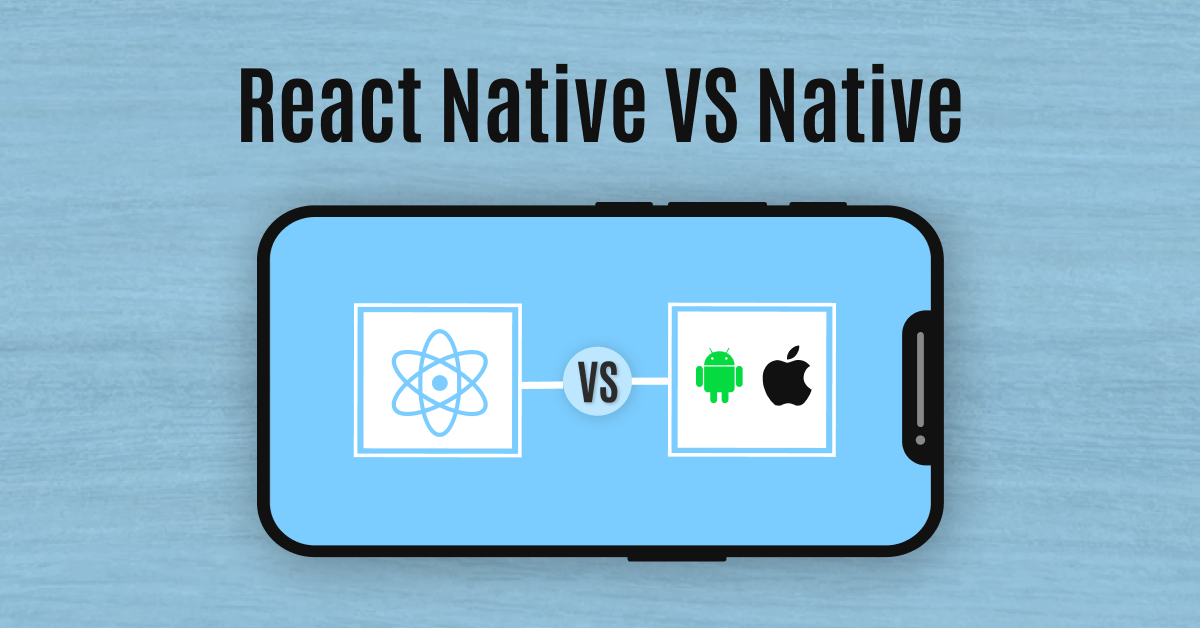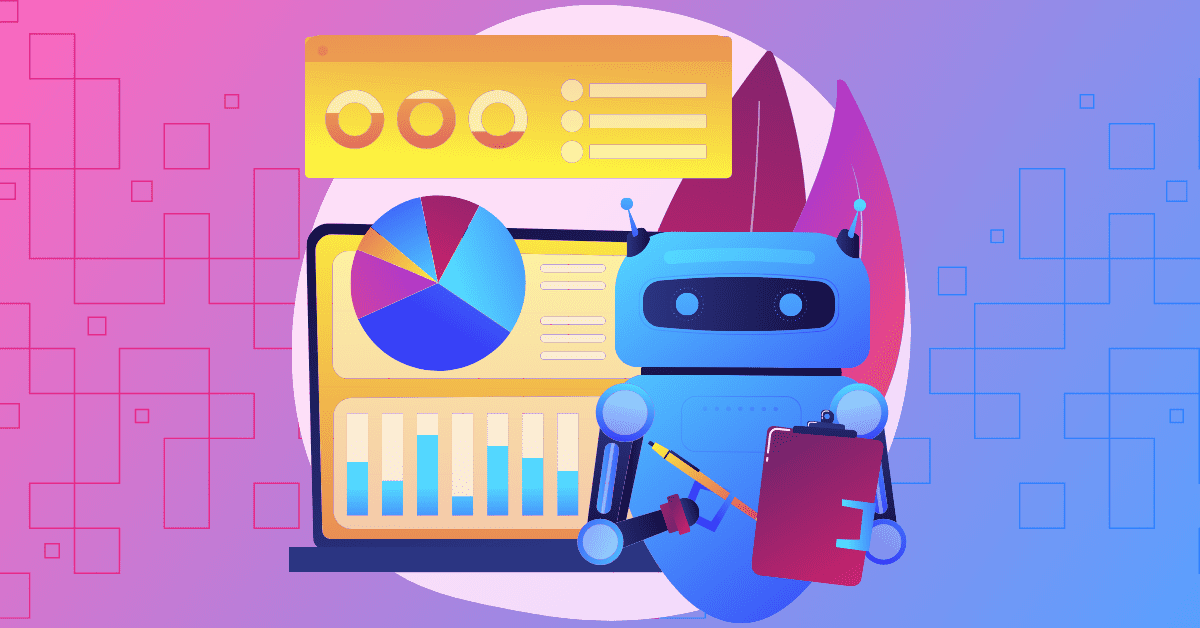When embarking on mobile app development in New York , one of the most crucial decisions developers and businesses face is choosing the right technology. Among the most debated choices are Native app development and React Native. Each approach has its unique strengths and weaknesses, and the choice often depends on the specific needs of the project.
This blog delves into a comprehensive comparison of Native and React Native development to help you make an informed decision.
What is Native Development?
Native app development involves building mobile applications using platform-specific programming languages and tools. For Android, developers use Java or Kotlin, and for iOS, they use Swift or Objective-C. Native apps are created specifically for a single platform, offering full access to the device’s features and optimal performance.
Advantages of Native Development
- High Performance: Native apps are optimized for their respective platforms, delivering faster and smoother user experiences.
- Full Access to Device Features: Native development provides access to all device hardware and APIs, enabling advanced functionalities like camera, GPS, and sensors.
- Better UI/UX: Native apps can fully leverage platform-specific design guidelines, resulting in a more intuitive and seamless user interface.
- Scalability: Native apps are well-suited for scalability and handling complex functionalities.
Disadvantages of Native Development
- Higher Cost: Developing separate apps for Android and iOS increases costs.
- Longer Development Time: Building and maintaining two separate codebases takes more time and effort.
- Platform Dependency: Developers need expertise in multiple languages and tools, which can be resource-intensive.
What is React Native?
React Native, developed by Facebook, is a cross-platform framework that allows developers to build mobile apps using JavaScript. React Native uses a single codebase for both Android and iOS platforms, making it a popular choice for startups and projects with budget constraints.
Advantages of React Native
- Cost-Effective: A single codebase for multiple platforms reduces development and maintenance costs.
- Faster Development: Reusable components and hot reloading features speed up the development process.
- Cross-Platform Capability: Apps can run on both iOS and Android with minor modifications.
- Large Community Support: React Native has a vast community of developers, offering extensive resources and third-party libraries.
Disadvantages of React Native
- Performance Limitations: React Native apps may not match the performance of native apps, especially for complex and resource-intensive applications.
- Limited Access to Native APIs: While React Native provides access to many APIs, some advanced features require native development.
- Debugging Challenges: Debugging React Native apps can be more complicated due to dependency on third-party libraries.
- UI/UX Consistency: Achieving a native-like user experience can be challenging due to differences between iOS and Android.
Key Factors to Consider
1. Performance
- Native: Superior performance, especially for graphics-intensive and complex apps.
- React Native: Adequate performance for most use cases but may struggle with high-performance demands.
2. Development Time and Cost
- Native: Higher costs and longer development time due to separate codebases.
- React Native: Faster and more cost-effective, suitable for MVPs and startups.
3. User Experience
- Native: Best suited for delivering platform-specific UI/UX.
- React Native: Can mimic native UI/UX but may require extra effort.
4. Scalability
- Native: More scalable for complex and high-traffic apps.
- React Native: Suitable for less complex apps and quick iterations.
When to Choose Native Development
- You need the best possible performance.
- Your app requires access to advanced device features.
- You’re developing a complex app with extensive functionalities.
When to Choose React Native
- You’re on a tight budget and timeline.
- You want to target both iOS and Android platforms with minimal effort.
- Your app doesn’t demand high performance or advanced features.
Conclusion
Both Native and React Native have their own merits and limitations. Native development is ideal for high-performance, feature-rich applications, while React Native offers a faster and more economical solution for cross-platform app development. Understanding your project’s specific needs and long-term goals is key to making the right choice.
If you’re still unsure which approach is best for your app, consult with an experienced mobile app development company in New York to evaluate your requirements and craft the perfect solution.




